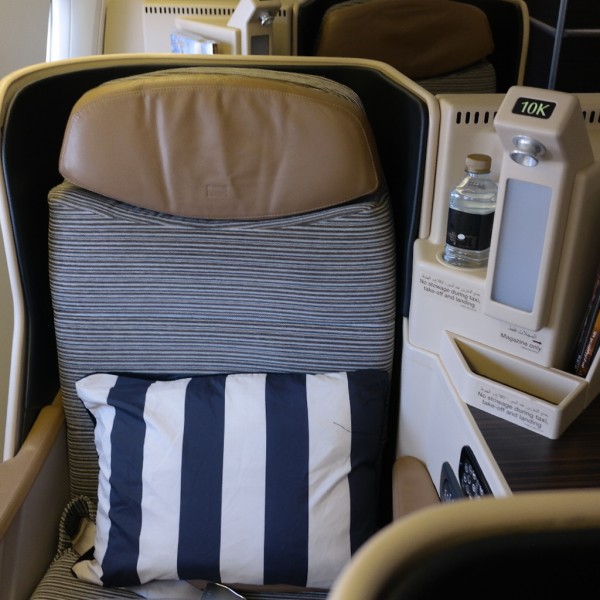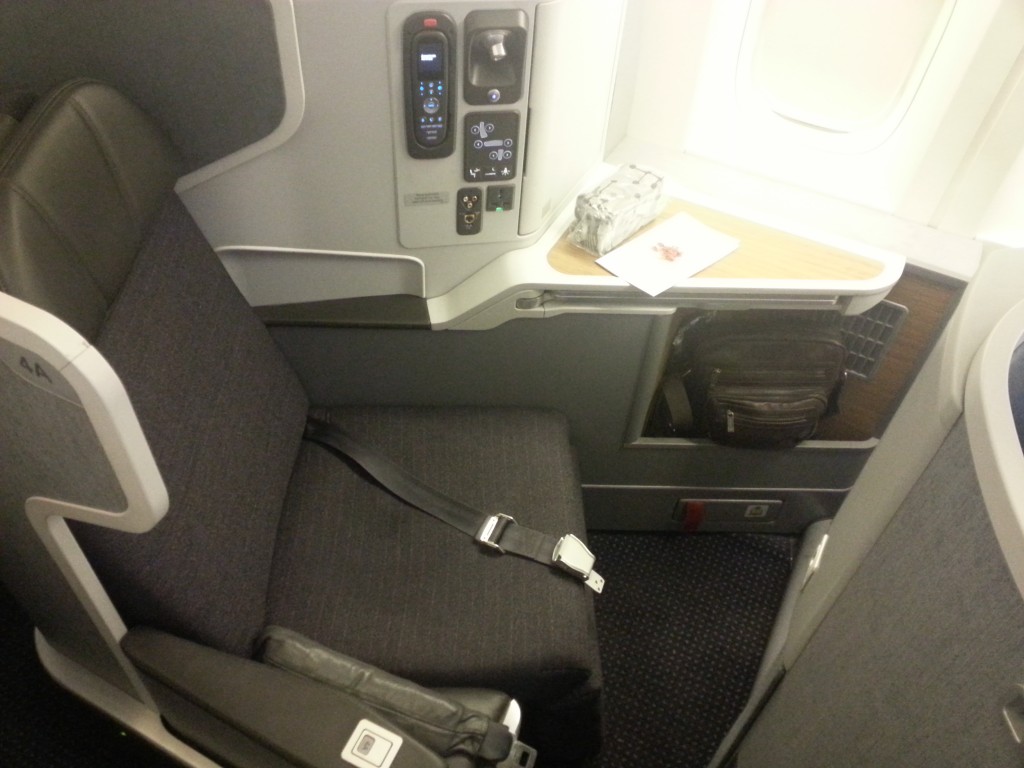Over the past few weeks, I have lost count at how many articles, posts, tweets, twitter accounts, and general mentions of how unfair the playing field is between US flagged carriers–primarily Delta, United, and American–(I’ll refer to them as US3), and the Middle Eastern Big Three–Emirates, Etihad, and Qatar–(I’ll refer to them as ME3 for this post). Even last week, Joe Cortez, Joe Cheung of As the Joe Flies and I debated the basis for the arguments on the Saverocity Observation Deck. No doubt open skies is taking on greater steam. But, I ask: Should it?
The Argument
The basic argument–perhaps even oversimplified–that the US3 are making, is that the ME3 carriers receive significant (Skift cites $42 Billion!) subsidies which make it an unfair playing field for the US3, which don’t get as much–they say none, but, lets be honest and say ‘not as much’).
I get it, that the US3 have lots of domestic competition, what with competing against JetBlue, Frontier, Southwest, Spirit, and others. They have competition overseas, but, for one reason or another, they’re focused on the “unfairness” of the ME3. Lets be clear, the ME3 are concerning to other airlines too. Lufthansa became the launch customer for the 777-9X, as I recall (but I can’t seem to find the article at the moment, sorry!) because they wanted more input into the design, to combat Emirates.
How the US3 can compete
I know – this sounds like craziness! The US3 can still compete against the ME3 without government help to stymie competition?! Craziness! But, lets take a moment to look at the hard products of a couple of the players:
Etihad Airlines
Etihad is a good airline. I like flying them in First Class. On some routes they operate 3 cabin 777-300ERs, although I’ve only flown them in their 2 cabin configuration.
Here’s their Business Class seat:
Lets be candid – its a nice seat, every seat has aisle access, but its not great–but what business class seat really is?
American Airlines
American is the only US carrier flying the 777-300ER. They fly exclusively 3 cabin 777-300ERs, with layflat business and first. Here’s a look at American’s competing business class product:
Both offer layflat seats with every seat having aisle access.
So apparently US3 can in fact afford competitive products to what the ME3 do on Business class. I’m not going to touch First Class, since two of the three US3 don’t even offer it, but that is a business decision that I suspect they made irrespective of their ME3 competitors.
But I don’t think that’s really what the issue is here.
What’s the real argument?
I want to caveat this with: I have not read the Reuters report. But here are the points that I think matter.
- The ME3 are flying to multiple US Markets, in a point-to-point fashion, directly linking cities such as New York, Miami, Washington, DC, Dallas, Los Angeles to their primary hubs in Dubai, Abu Dhabi, and Doha.
- This minimizes the value of the hub and spoke network of the US3.
- The ME3 for the most part can offer 1 stop connecting flights to nearly anywhere in the world.
- The ME3 all have airports / customs/immigration policies that allow transit passengers to not have to go through customs and immigration to connect to onward flights.
- Those last two points are where the US3 really, really lose out. Really, the whole country is losing out.
So whats the big deal about facilitating transit? It makes it possible for airlines like American Airlines to leverage their limited Asia and European routes as feeder to their more extensive South American routes. If non-US originating passengers–ostensibly without US transit visas–could connect in the US to get from Europe to South America or maybe even Asia, then that would make the US3 more competitive in international markets. Why? Because then they are able to turn their international gateways into international hubs, much like the ME3 have done.
Back to the US3’s case
As I see it, this is a big public relations stunt, but, it seems to me that the chances of success are slim to none. A win for the US3 would effectively hurt the ME3, as well as domestic competitors such as JetBlue. For the US Government to operate with that kind of favoritism, it would set a very concerning precedent. It would harken back to the Civil Aviation Board (CAB) days, which I’m sure some of the legacies would like, but certainly few if any consumers would.
Wrapping up
When you get down to brass tacks, the US3 current case is more anti-competitive than the ME3 getting subsidies. They could however leverage this as a way to find areas that would not be anti-competitive, but would help the US3, such as refining customs and immigration policies to make it easier for non-US citizens to transit in the US.
Joe Cortez made the argument (in the Saverocity Observation Deck podcast) that either way, most of US consumers won’t be impacted because they don’t fly overseas, but I disagree. Yes, the US3’s current arguments are more harmful to the consumers they are trying to get to fly their aircraft internationally, but the fact is, more competition is always better for consumers. Ultimately though, neither the US3’s case, nor the ME3 response offers a “fair” playing field. But, after all, life isn’t fair.



Good point Trevor. To me is like crying wolf. When the US carriers had the business advantage years ago vis-a-vis the Middle Eastern carries, (due to equipment, size and influence) they certainly pushed for open skies agreement almost everywhere. It was all to incentivize growth thru dropping cumbersome trade barriers. But back then who had ever heard of Emirates or Qatarair. So I bet it was all considered ‘fair’ that they didn’t have the capacity to even compete head to head with the big American carriers. That was never an even issue. But they got their act together, and yes with help from their governments, after all they’re their countries flag carriers and now they’re kicking butt, with newer equipment that can fly further than previously imagined and that created greater capacity. Now if you add the incredibly better service to the mix you have a true contender to compete for the available business that exists. But now the US carriers are crying out foul and unfair competition. Was it fair then when these countries didn’t have their act together and the US wanted to have an aviation presence in the region due to the strategic importance of our involvement in the business of oil? Who is to say? But you’re right in the fact that is rarely an even playing field in the marketplace when it comes to ‘fair’ business. That we should strive for fairness in the marketplace, absolutely. But you shouldn’t be crying foul when you end up in the end getting the short end of the stick! IMO
By the way you forgot to mention Houston on your direct city pairs!
@Aptraveler – you make a very valid point – I missed Houston! Further to your point, you reminded me of a little known thing called the Fly America Act, which requires folks on US Government contracts to fly an American airline (sometimes specific to a specific one, vs. just a US Flagged Carrier). Not to say that even that is uncompetitive (although I believe it is!).
Pingback: How the Open Skies Debate Could Hurt Travelers – Tagging Miles
Pingback: Is the Electronics Ban the next step in US3 v ME3? - Tagging Miles